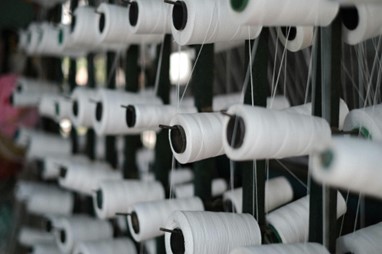Bangladesh is set to import 8.1 million bales of cotton in the coming marketing year, the United States Department of Agriculture says, a move aimed at keeping the country’s large ready-made garment industry well supplied and supporting employment across factories and mills. The USDA forecast shows consumption holding steady at the same level, signaling steady demand from local processors who turn raw cotton into yarn, fabric and finished clothing for global markets. Imports have climbed over recent years from around seven million bales to roughly seven and a half million bales, and now to the level the USDA predicts, which underlines steady growth in the sector. Vietnam, a close competitor in garment exports, is also expected to import similar volumes, while other buyers such as Pakistan and China are set to bring in several million bales as well, reflecting strong regional demand for raw cotton. Local production meets only a small share of the need, with farmers able to produce only a sliver of the total cotton the industry uses, so most cotton must come from overseas. Major suppliers last season included West African producers, Brazil and India, with the United States supplying a smaller but growing share of shipments. Recent trade talks and tariff moves have made it easier to consider larger purchases from the United States, and some industry leaders are already looking at significant deals that would boost US shipments into Bangladesh. The government and trade negotiators have said they want to reduce trade gaps by importing energy and agricultural goods, including cotton, and they have taken steps to ease costs and paperwork for buyers. Export growth in garments has helped drive the need for more raw material, and exporters say steady cotton supplies make it simpler to plan orders and keep customers happy. Global cotton production has also grown, with larger crops reported in several producing countries, which helps keep world stocks stable and offers buyers more choice. For mills and brands in Bangladesh, predictable import volumes and clearer trade terms can lower costs and reduce delays, which in turn supports workers and local businesses that rely on steady production. Industry groups say balanced trade ties and reliable supply chains will help the country keep its edge in the global apparel market, while farmers, traders and factories prepare for another season of strong cotton use.
Bangladesh to Import 8.1M Bales of Cotton as Garment Demand Rises — USDA
41


